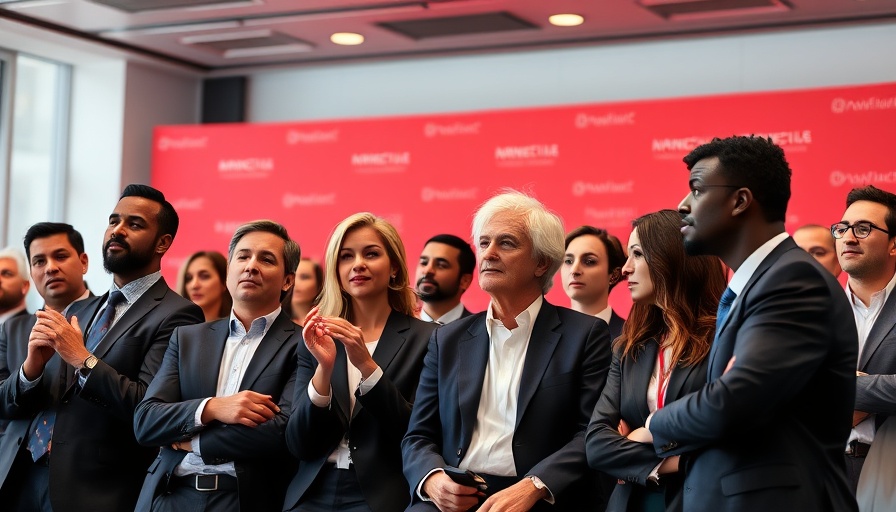
State Street's Bold Shift: Going In-House in an AI Era
In a surprising move amid growing trends towards AI and automation, State Street has taken a step back from outsourcing to bring operations in-house. Mostapha Tahiri, the company’s COO, explained during the Fortune COO Summit that after over ten years of relying on joint ventures and third-party outsourcing for IT and back-office tasks, the firm has pivoted.
This shift comes with several advantages, the primary being regulatory compliance. For organizations like State Street, which operate under stringent regulations, outsourcing can elevate costs related to ensuring third-party partners meet these compliance requirements. Mostafa explained that the decision to insource was also influenced by a desire to foster a stronger workplace culture, emphasizing the issue of employee commitment. Those working for external vendors often lack the unity of purpose found in an in-house team.
Financial Efficiency Meets Employee Engagement
The insourcing strategy has proven beneficial for State Street, allowing for quicker adaptability in its business strategies. As highlighted by Tahiri, the ability to pivot operations without waiting on third-party contractors enhances efficiency significantly. In a rapidly evolving financial landscape, being agile can be a crucial advantage.
Moreover, industry peers like Cognizant’s Namita Seth agree that the decision aligns with current business trends where many firms are reevaluating their outsourcing strategies. “It’s crucial to understand where you are in your own journey,” she stated, reflecting on how operational maturity influences such decisions.
Insights from Industry Leaders
Companies across sectors, including Capital One and EmblemHealth, are also adapting their operational models to tailor to their unique organizational cultures and goals. This ongoing shift suggests a broader reconsideration of business practices, where many organizations find value in fostering closer-knit teams that share a unified vision.
As firms like State Street demonstrate, maintaining control over core operations may soon become more prevalent, especially in complex industries where compliance and culture are paramount for success. The current climate suggests a future where balancing outsourcing with in-house capabilities will be essential for many businesses.
The insights from the COO Summit provide clarity on a trajectory many businesses might follow, reaffirming the significance of aligning operational strategies with core company values while addressing regulatory demands.
 Add Row
Add Row  Add
Add 



Write A Comment